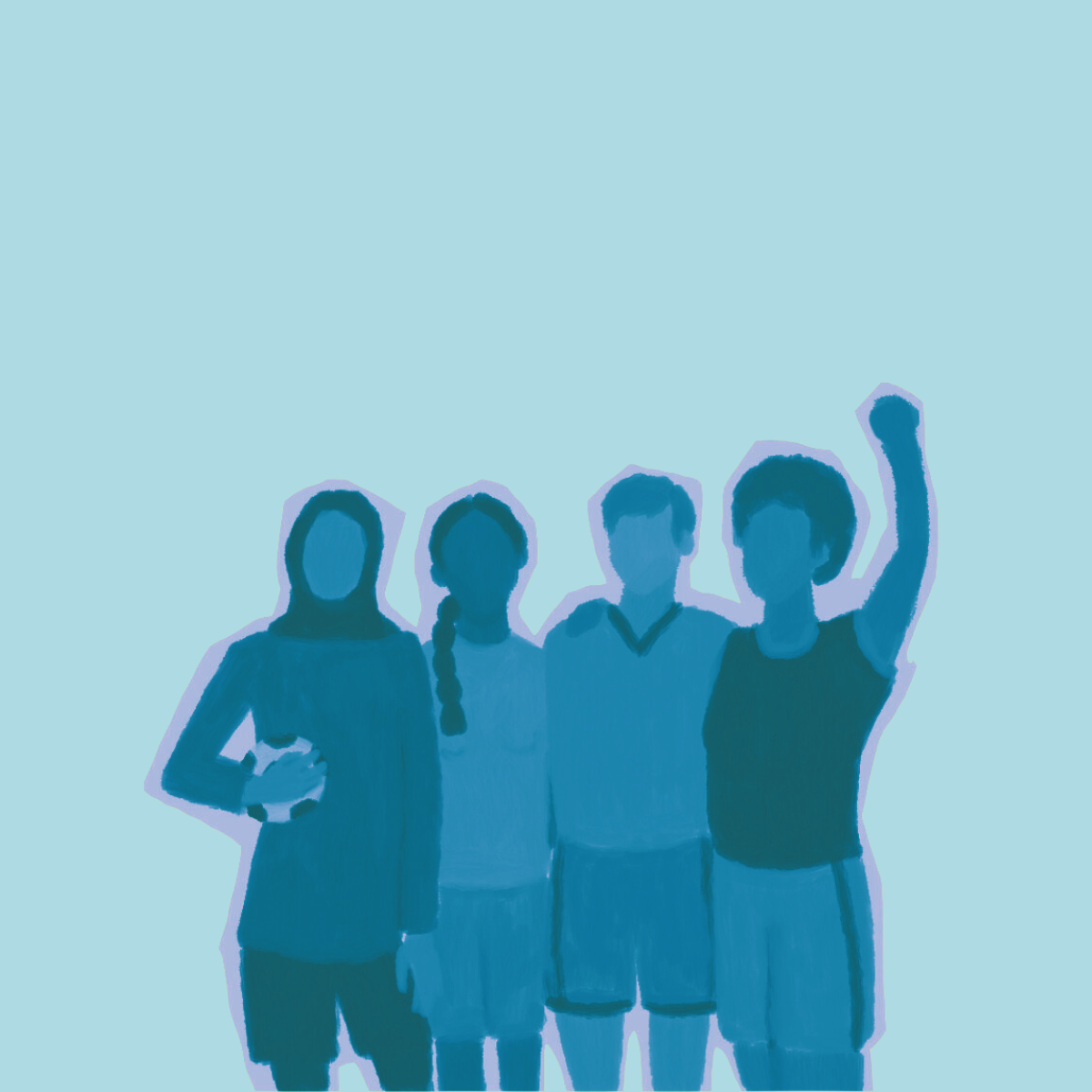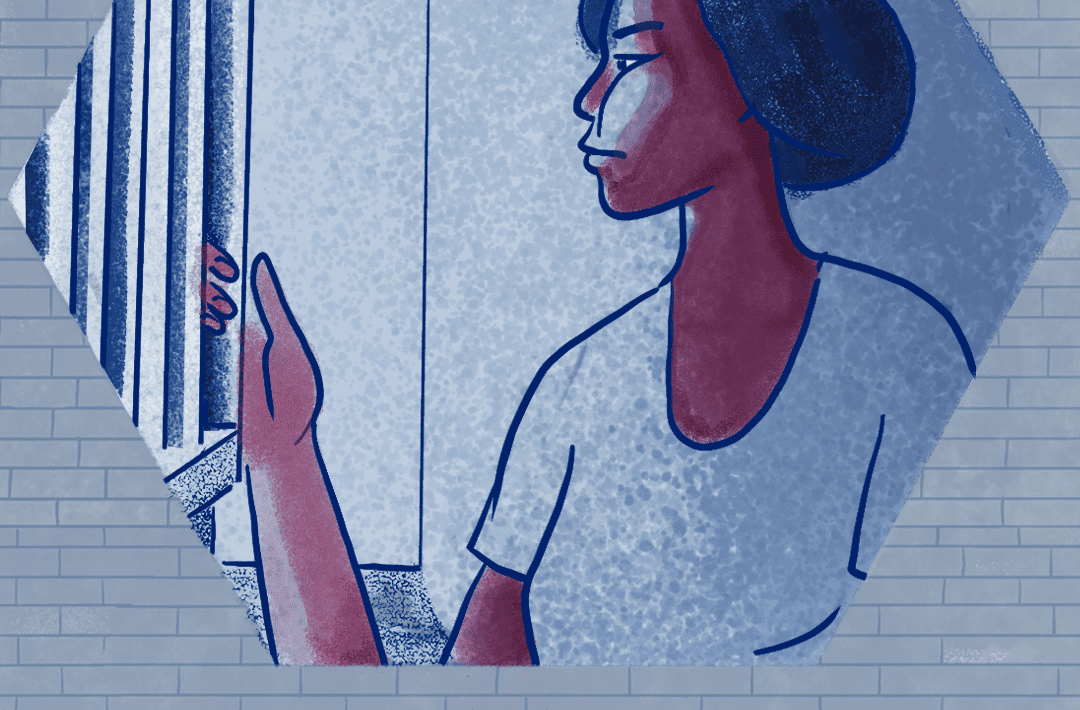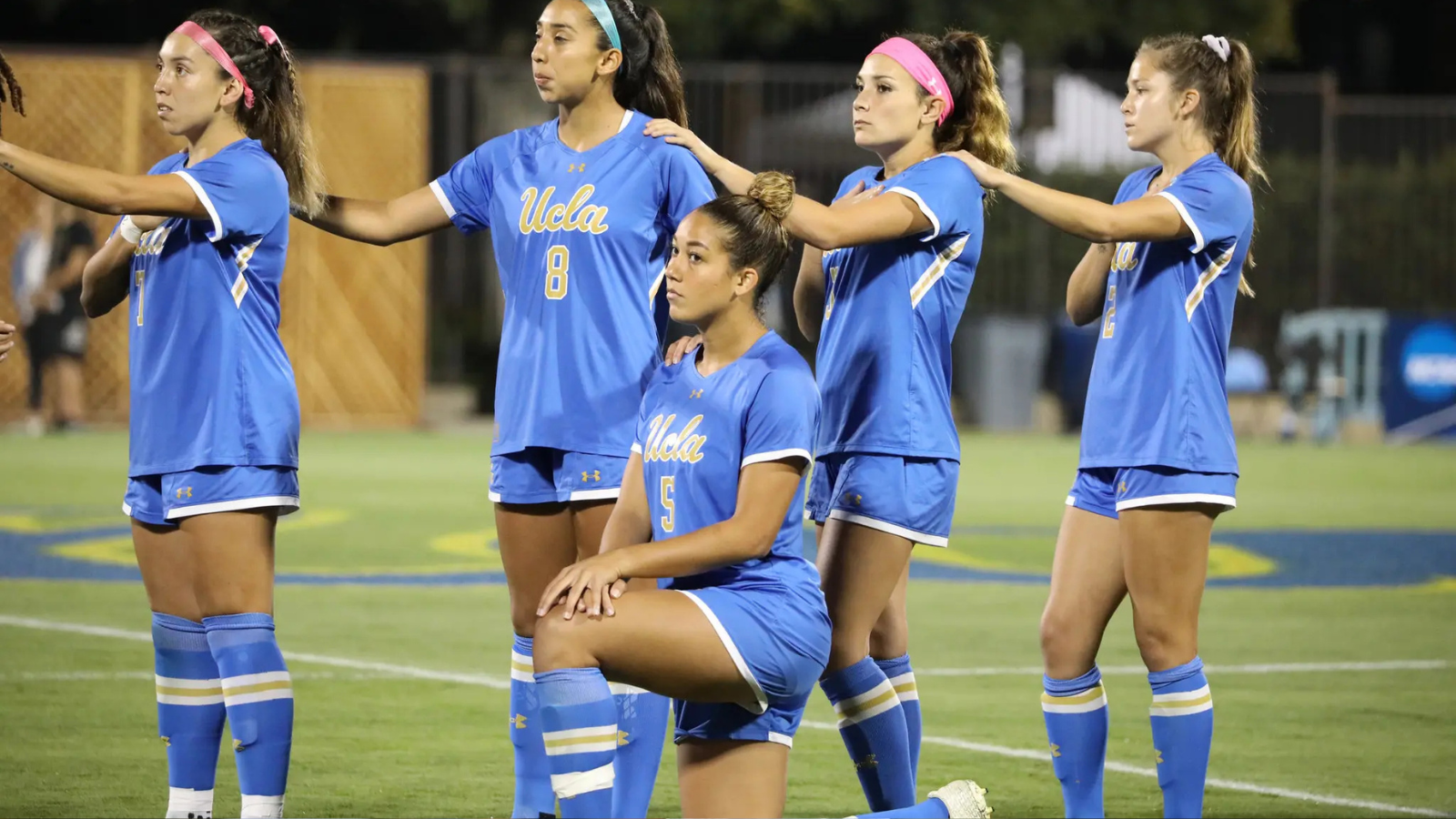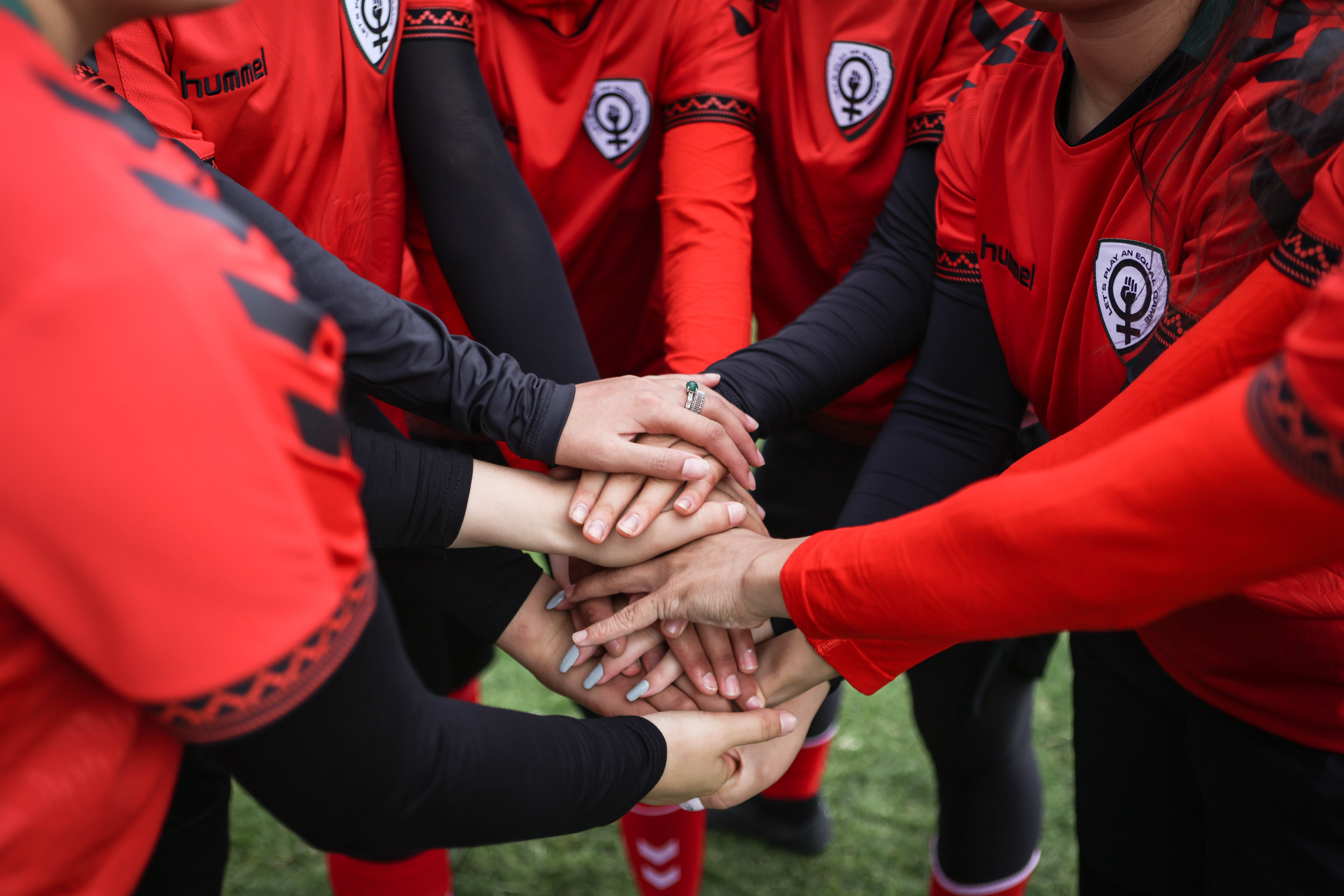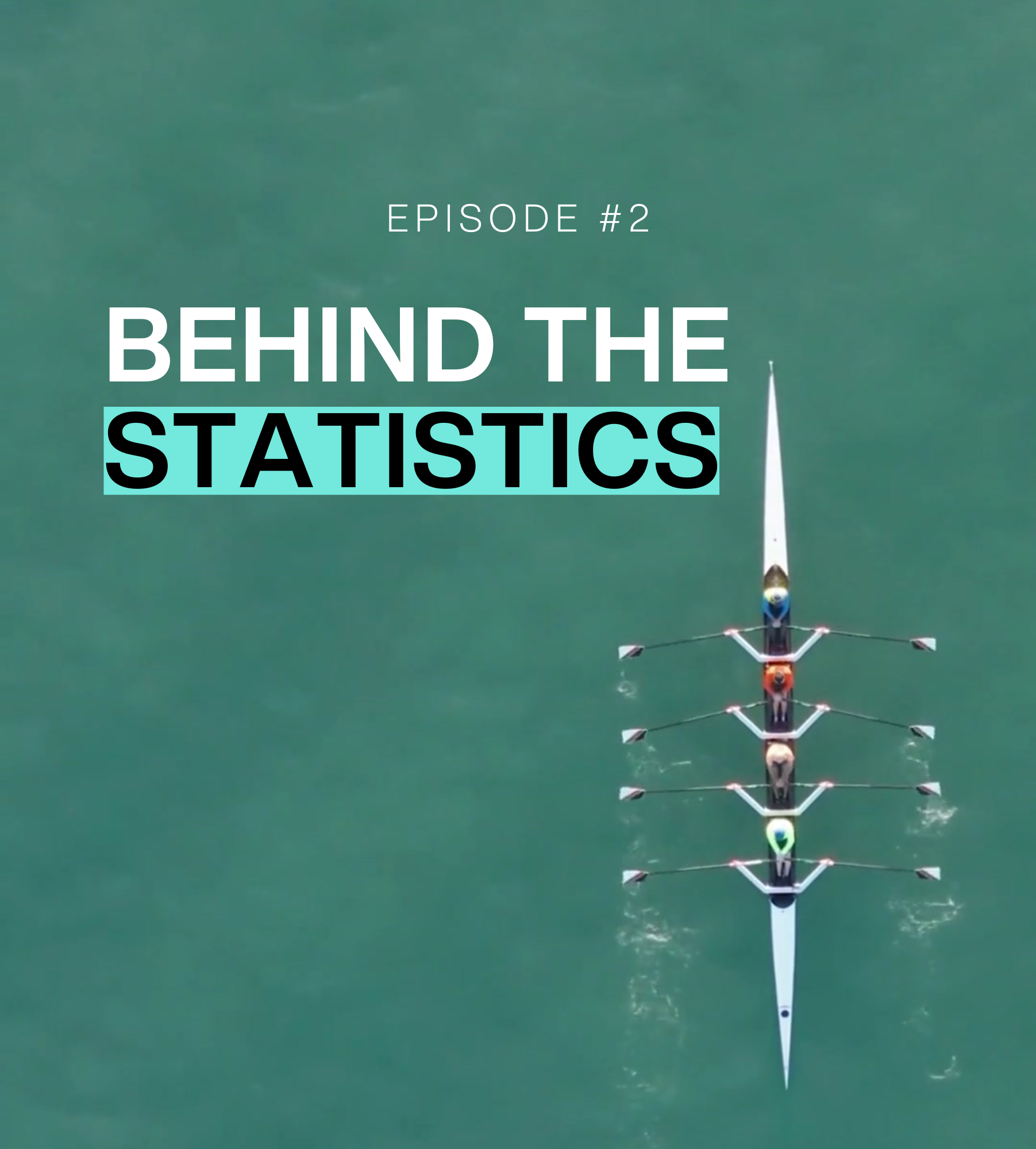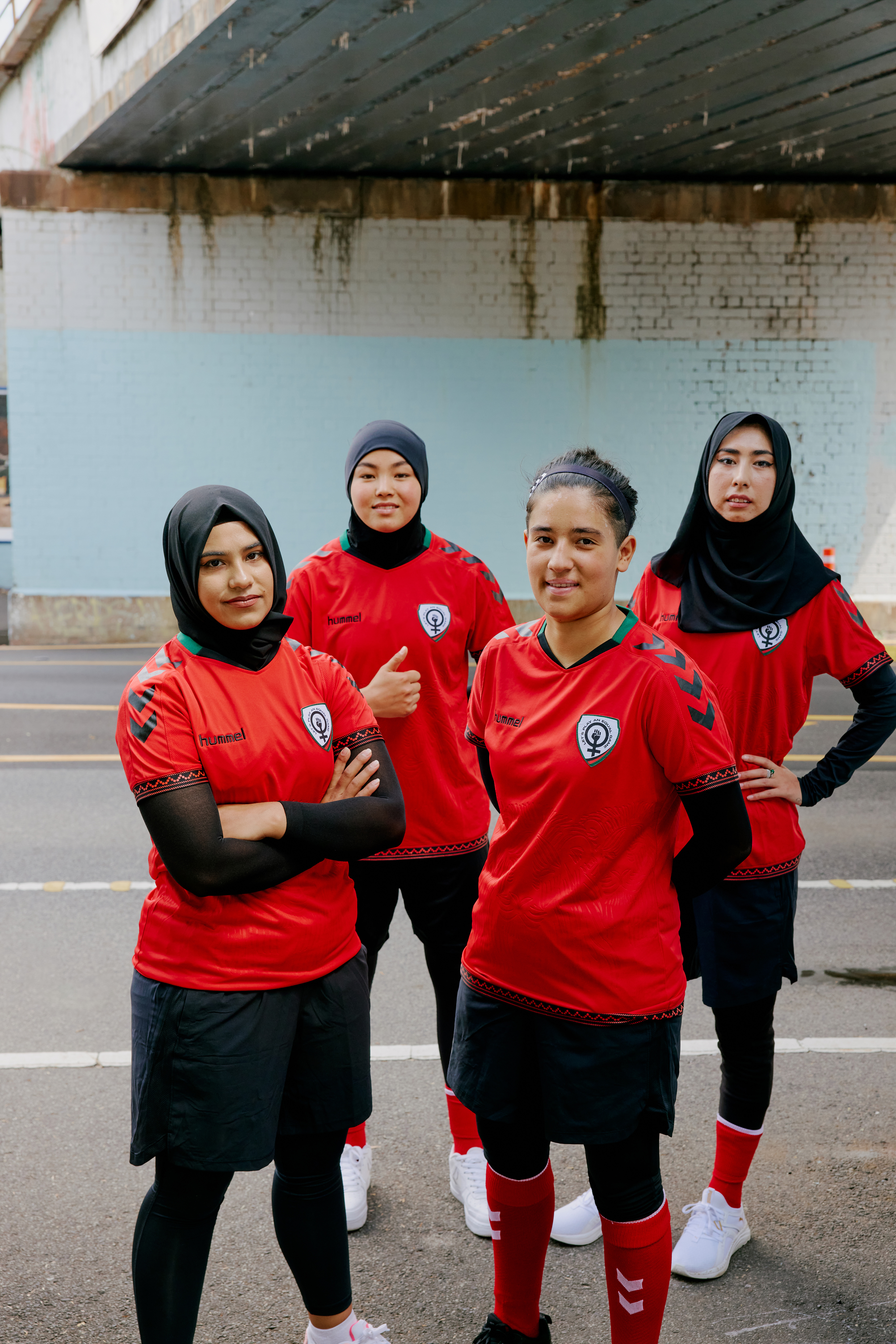Countering Hate and Discrimination Against All People Impacted in Sport
The world of sport is often perceived as a place in which none of the burdens and inequalities of society take place or could possibly exist. Embedded by ideals of excellence, respect and friendship, its philosophy often misleads people to discount the importance of critical scrunity around sport’s responsibility to address and combat racism, discrimination and other human rights violations. Contrary to original beliefs and traditions, sport mirrors the challenges facing society – and sometimes even contributes to its exacerbation.
Aligned with our mission to advocate for those most impacted by the negative aspects of sport, the SRA actively works to counter racism, discrimination and intolerance in sport: from amplifying the voices of Indian wrestlers raising complaints of sexual abuse to standing with brave French Muslim athletes fighting discriminatory hijab bans. Moreover, it is part of our organizational commitment to prioritise cases in the Global South and adopt a “margins in approach” in order to prioritize and amplify the voices of historically marginalized communities.
The Sport & Rights Alliance contributed the following brief to the United Nations High Commissioner for Human Rights call for inputs for the preparation of its report pursuant to the Human Rights Council Resolution 54/25 “a World of Sport Free from Racism, Racial Discrimination, Xenophobia and Related Intolerance.”
Represented by network coordinator Joanna Maranhão, the SRA also participated in the UN’s Regional Consultation on a World of Sport Free from Racism, Racial Discrimination, Xenophobia, and Related Intolerance in Brussels on 13-14 March. Speaking on a panel moderated by Daniela Heerdt, alongside Antoine Duval, Presilia M., Ginous Alford, and Shubham Jain, Joanna emphasized the critical role of the UN Guiding Principles on Business and Human Rights as an advocacy tool to ensure that sport governing bodies integrate human rights into their policies and procedures. She also highlighted the importance of give greater attention to the Remedy pillar of the UNGP framework and examine the impacts on groups impacted by mega sporting events beyond just athletes, such as communities and fans.
Please find our full submission below.
